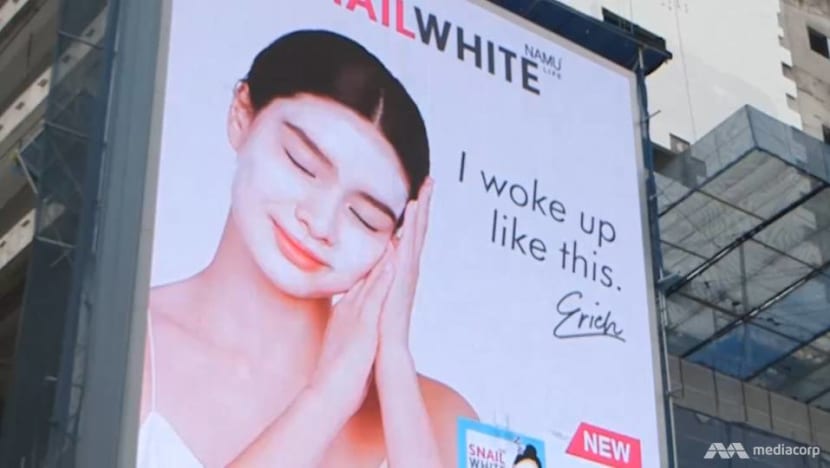The dangers of trying to be fairest of them all in Philippines
The quest for whiter skin is fuelling the market for mercury-tainted creams and even illegal injections in the country, the programme Undercover Asia finds out.
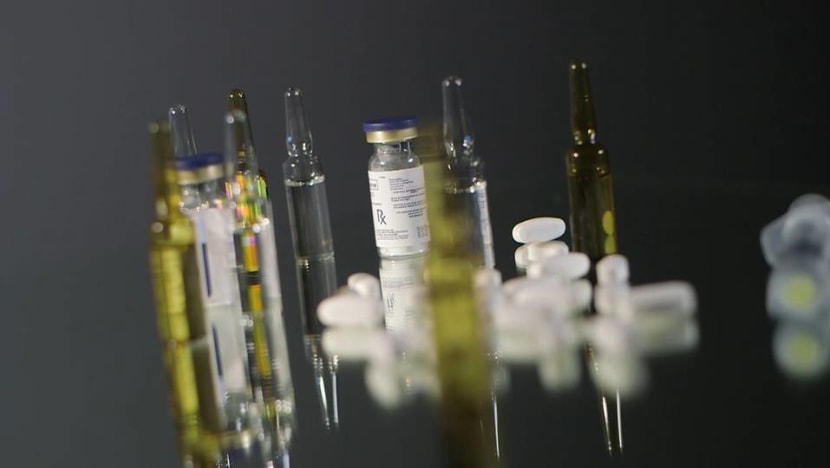
Injectable glutathione products.
MANILA: She wanted to lighten the skin on her underarms. But when Chloe bought whitening cream from her aunt, a cosmetics reseller, she did not realise it was tainted with dangerous levels of mercury.
After using it for two and a half weeks, she suffered stinging side effects.
“My skin was turning red, like a sunburn. It was excruciatingly painful, like my skin was burning,” said Chloe, who declined to use her real name. “There was no relief.”
The cream resulted in scars and stretchmarks on her armpits. Two years on, she now faces a recurring health problem: Her usually dry armpits are always sweaty, making them vulnerable to fungal and bacterial infections.
“I approached two doctors. They said the damage was irreversible. I felt the world collapse on me,” she said. “It’s a wonder these drugs are accessible in the Philippines.”
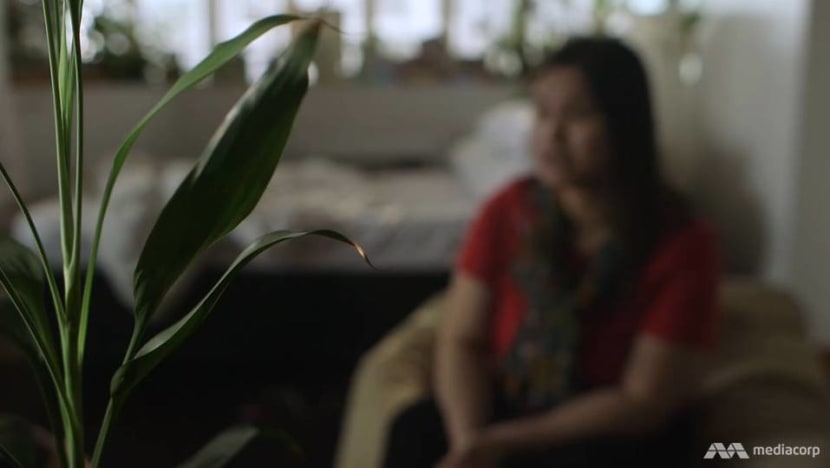
Her country reports one of the highest rates of use of skin lighteners in Asia, with half of the respondents in one Synovate survey stating that they use such products.
But many risk their health and safety by experimenting with procedures such as intravenous injections and skin bleaching, and by using mercury-laced creams.
Mercury in skin lighteners not only can discolour skin, but also damage kidneys and brain nerves, warns the World Health Organisation.
Some Filipinos like Chloe desire a lighter skin tone, but many of their quick fixes are dangerous, as the programme Undercover Asia finds out. (Watch the episode here.)
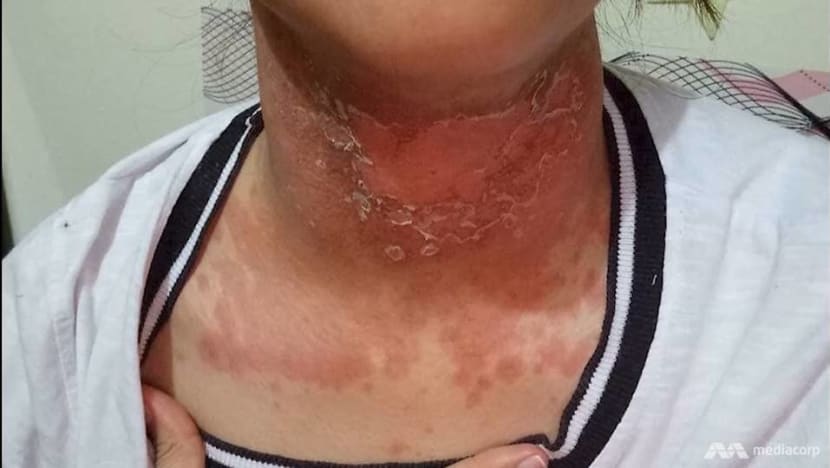
MERCURY-LACED CREAMS SOLD OPENLY
The global skin lightening industry was worth US$8.3 billion (S$11.75 billion) in 2018. More than half of the revenue came from the Asia-Pacific.
In the Philippines, this fixation on having fair skin has created a lucrative market where shopping centres are filled with products from whitening creams and soaps to bleaching toners. Many of these products, however, are laced with mercury.
As a chemical safety campaigner with EcoWaste Coalition, Thony Dizon buys skin whitening products off the shelves and then tests them for their mercury content.
On one such trip with Undercover Asia — before the Covid-19 pandemic — he bought a bottle of cream that was not only toxic but possibly lethal: His tests showed that it contained 22,000 times more mercury than the permitted limit.
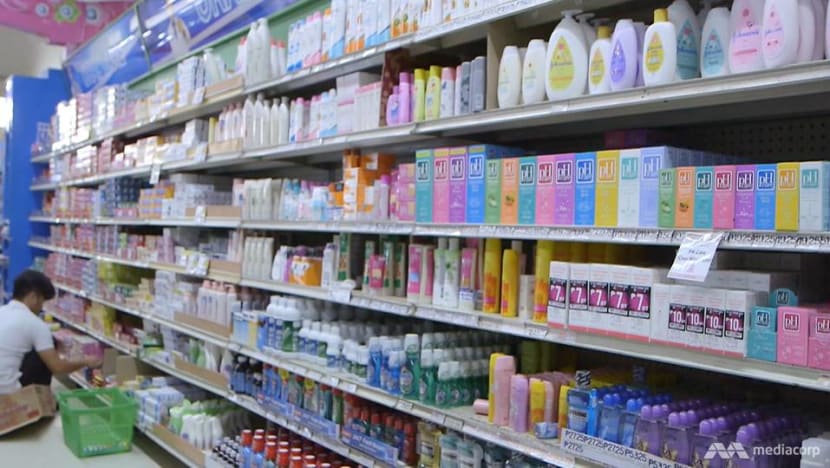
The Food and Drug Administration of the Philippines limits the use of mercury in cosmetics to 1mg/kg, as any mercury level beyond that is considered high.
However, Undercover Asia discovered from its visit to more than 10 shops at a public market in Manila that most of them were selling whitening creams banned because of unsafe levels of mercury.
These products — smuggled into the country — are still being marketed openly in markets, shopping centres and online.
For almost a decade, Dizon has lobbied for a total ban on mercury in all kinds of products, including skin lighteners.
“(Low-income consumers) usually have low awareness about the effect of mercury on their health. That’s why they continue to buy these products,” he said. “They’re the most vulnerable.”
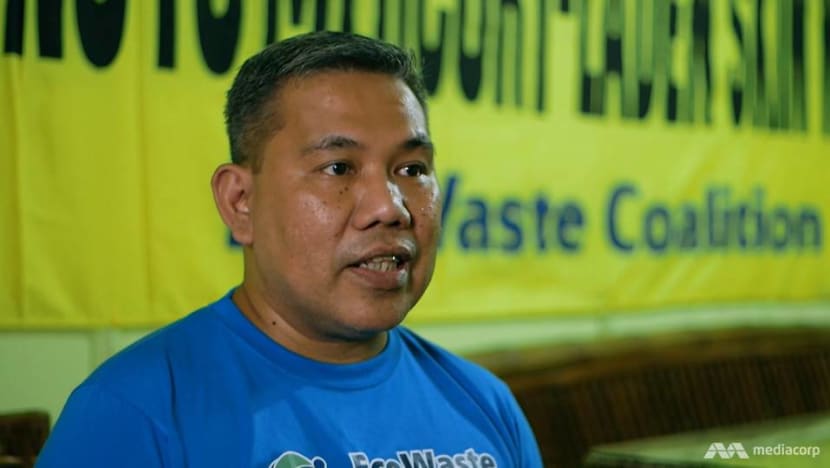
DEATH BY GLUTATHIONE
For those who can afford it, there is glutathione treatment, in the form of capsules or injections. Glutathione is a popular whitening supplement in the Philippines.
Take, for example, Lavin Galicha: Every day, she uses an assortment of whitening products including toners, cleansers and creams.
But as those are not working fast enough for her, she has also resorted to injecting herself with glutathione — a chemical used in cancer treatment — thrice a week. “Sometimes, in the middle of injecting, the vein gets damaged,” she said.
But that has not put her off. Neither has the risk that repeated injections of this drug could damage her liver, nervous system and kidneys, or even kill her.
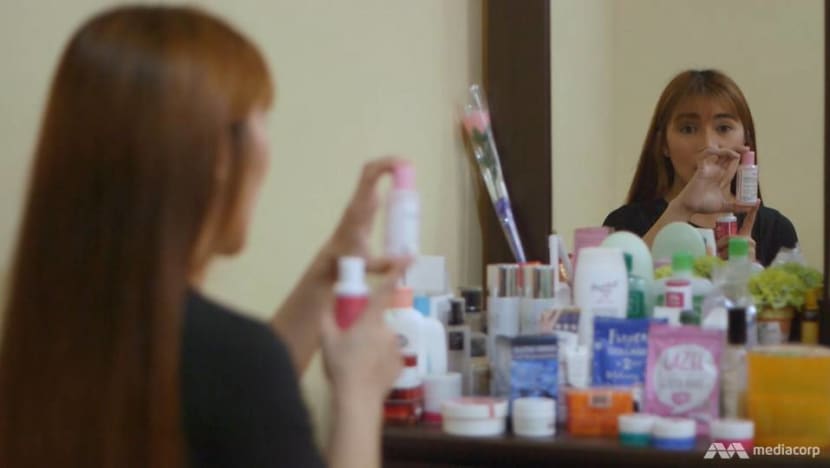
“I got addicted when I saw that it was working way faster than the glutathione pills,” said the 27-year-old who has “wanted to be super white” since she was 20, “because of peer pressure”.
“I admire my friends and colleagues who (are) fair … I can’t really explain it, but having fair and flawless skin boosts my self-confidence. I feel readier to face others.”
From as early as 2011, the country’s Food and Drug Administration has warned of the adverse effects of using glutathione intravenously as a skin whitening agent.
The Philippine Dermatological Society has issued similar warnings. It has documented at least 69 cases of people who had suffered complications. And in February, a woman died after she was administered glutathione in a spa in Manila.
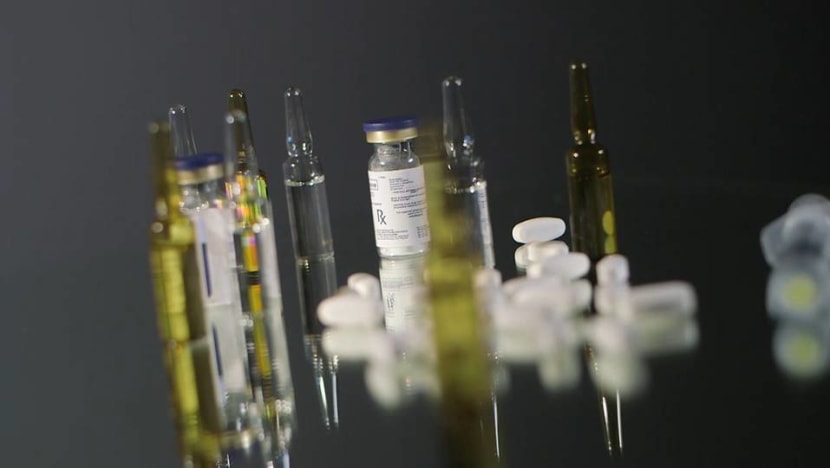
Glutathione injectables are regulated as prescription-only drugs used to mitigate the toxicity of chemotherapy, and to be bought only from licensed pharmacies. But it is sold openly online, presumably smuggled in.
The Bureau of Customs, which looks after 17 ports across the country, needs more X-ray machines. But its most troubling problem is corruption.
“Temptation is very high,” said spokesperson Vincent Maronilla. “Although it isn’t as much as before … our operations are still catching some (of our) employees engaging in bribery and other corrupt activities.”
SIDE HUSTLES, AND VLOGGING
Just as hard to monitor are nurses like Jhale Taray, who works in a government hospital but does illegal glutathione injections at weekends.
“Traffic jams are a huge hassle. So clients want it administered at home,” she said. “I’m a licensed intravenous therapy nurse, so I thought, why not go into this home service business?”
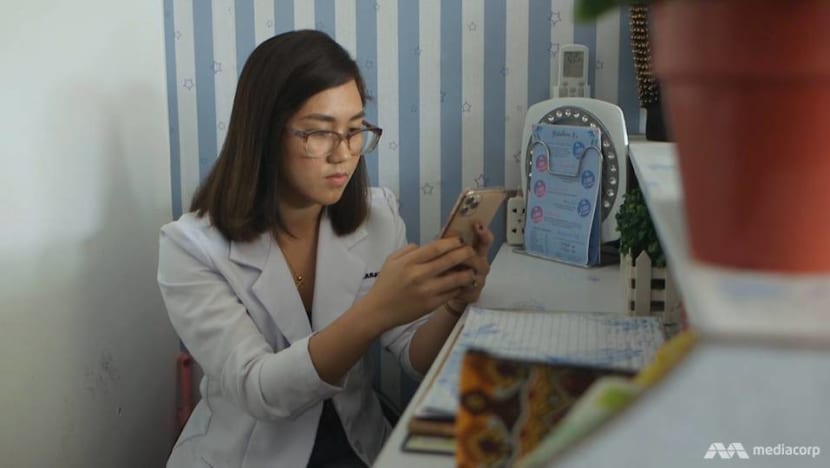
It is a lucrative side hustle. On a good weekend, she serves about 20 clients and earns at least 19,200 pesos (S$537) — more than what an average nurse earns in a month.
The law says nurses can administer injectable drugs only under the supervision of a doctor. But she gets away scot-free because none of her patients have filed a case against her.
Some dermatological clinics across the country also offer glutathione skin lightening treatments. The established ones are run by skin doctors who are popular on social media.
And because they are medical professionals, they give these treatments a veneer of legitimacy in spite of the official health warnings.
The Board of Medicine said it could impose sanctions only if they are alerted to dermatologists offering such treatments.

“The burden of proof lies with the complainant. So if they don’t complain, how can we establish the crime that happened? We won’t have any evidence,” said Board of Medicine chairman Eleanor Almoro.
Even as the authorities struggle to make these clinics accountable, some Filipinos are sharing their do-it-yourself glutathione injectable treatments on YouTube, oblivious to the health risks.
Galicha, who recently started vlogging about her self-injection procedure, claims that her tutorials have influenced only a few followers to self-inject.
“I didn’t expect to hit 18,000 views, and enquiries are still coming in. Most of them got engaged and motivated to try glutathione. They’re telling me that my vlog is useful,” she said.
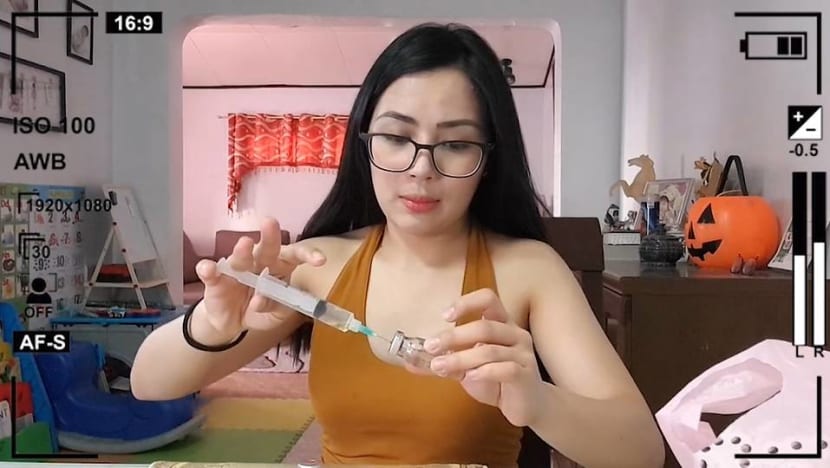
Katherine Austria-Lock, the officer in charge of the Food and Drug Administration’s Centre for Drug Regulation and Research, said it is “really worried” about this trend where “just about anyone can give it a shot”.
Mia Leuenberger from the Philippine Dermatological Society added that there has been “a surge” in skin whitening treatments over the past decade. And because of modern technology, these IV drips are seen as glamourous.
“Because it’s so appealing, the patients no longer think where their health status is at the moment,” said the doctor.
Watch this episode here. Undercover Asia is telecast on Saturdays at 9pm.
